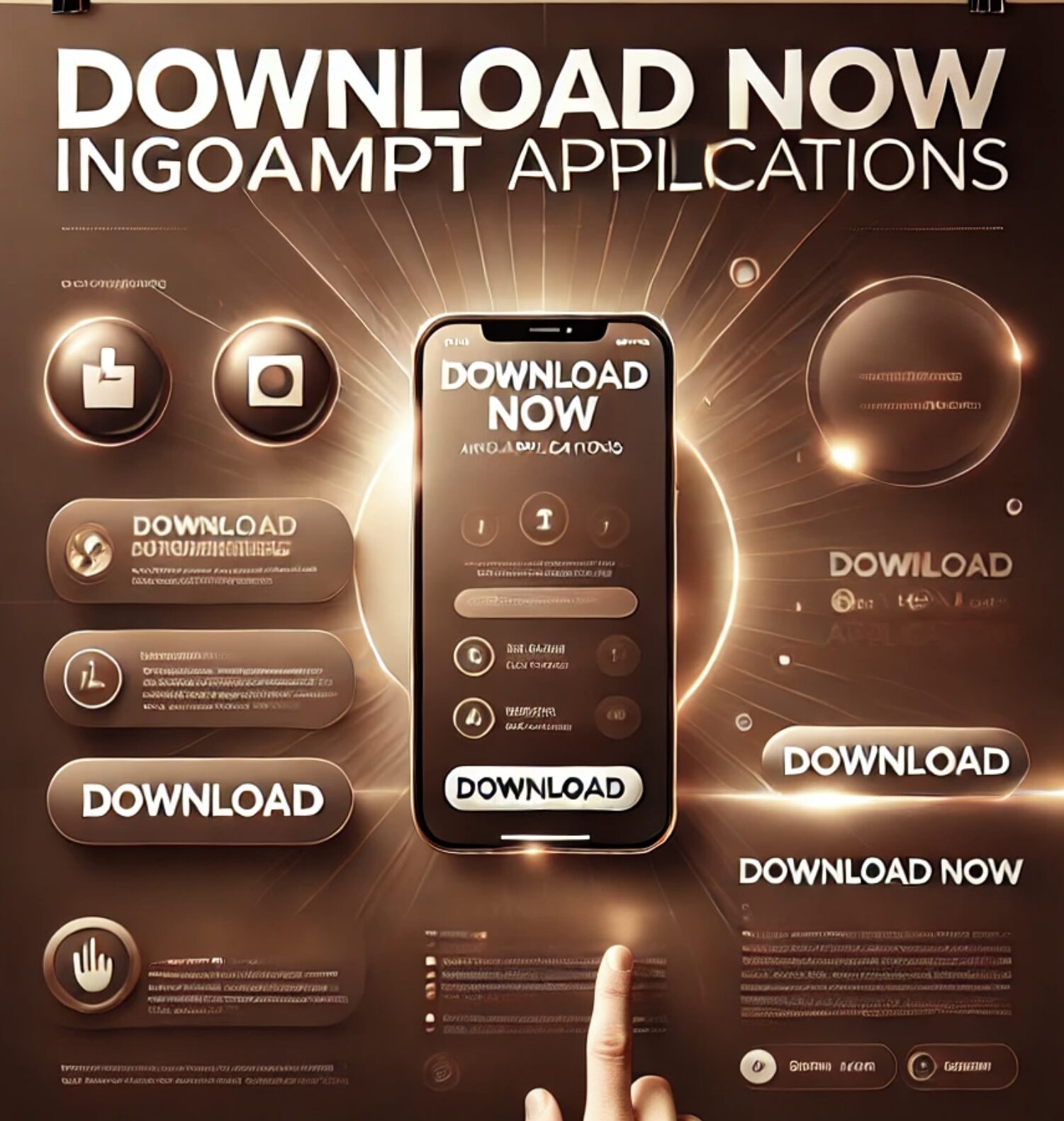Let’s learn German word first with our iOS app : 👉🏼👉🏼👉🏼👉🏼 Flashcards INGOAMPT in Apple Store
Next let’s go to German Grammar:
Understanding German Tenses and Relative Pronouns: A Simple Guide for English Speakers
Learning German can be a rewarding experience, but sometimes the grammar can feel a bit overwhelming—especially when it comes to tenses and relative pronouns. If you’re an English speaker, you might find some of these concepts familiar yet different enough to cause a bit of confusion. Let’s break it down together, with plenty of examples to help you master these tricky topics.
1. Relative Pronouns: “was” and “wo”
In German, relative pronouns are used to refer back to something mentioned earlier in the sentence, just like in English. However, there are a couple of specific pronouns—“was” and “wo”—that might work a bit differently than what you’re used to.
- “was” is similar to “which” in English. It refers to an entire idea or sentence, not just a single noun.
- “wo” is used to refer to places, much like “where” in English.
| German Sentence | English Translation | Explanation |
|---|---|---|
| Der Film war spannend, was mir gefallen hat. | The movie was exciting, which I liked. | “was” refers to the entire idea that the movie was exciting. |
| Das ist der Ort, wo wir uns getroffen haben. | That is the place where we met. | “wo” refers to the specific place mentioned earlier in the sentence. |
2. Plusquamperfekt: The German Past Perfect
The Plusquamperfekt in German is quite similar to the Past Perfect in English. This tense is used to describe an action that was completed before another action in the past. It’s like the “flashback” tense, showing us what happened earlier in the story.
To form the Plusquamperfekt in German, you combine the simple past tense of “haben” (to have) or “sein” (to be) with the past participle of the main verb. If you’re familiar with English, this structure will look somewhat familiar.
| Tense | German Example | English Example | Usage |
|---|---|---|---|
| Plusquamperfekt (Past Perfect) | Nachdem sie die Matura gemacht hatte, begann sie ein Studium in Graz. | After she had completed her Matura, she began studying in Graz. | Describes an action completed before another past action. |
| Ich hatte gegessen, bevor du ankamst. | I had eaten before you arrived. | Same function in both languages—showing what happened first. |
3. Präteritum vs. Perfekt: Simple Past vs. Present Perfect
German has two main ways to talk about the past: Präteritum (Simple Past) and Perfekt (Present Perfect). While they might seem interchangeable, they have specific contexts where each is preferred.
- Präteritum is often used in written German, especially in stories, books, and newspapers. It’s straightforward, similar to the Simple Past in English.
- Perfekt is more common in spoken German. It’s like the Present Perfect in English, often used to talk about past actions that are relevant to the present.
| Tense | German Example | English Example | Context/Usage |
|---|---|---|---|
| Präteritum (Simple Past) | Ich spielte Fußball. | I played soccer. | Used in writing or narratives, similar to English. |
| Perfekt (Present Perfect) | Ich habe Fußball gespielt. | I have played soccer. | Common in spoken language, connects past to present. |
Conclusion
Learning German grammar doesn’t have to be daunting. By drawing parallels to English, you can more easily grasp when and how to use these different tenses and pronouns. Remember, Plusquamperfekt is your go-to for actions that happened before other past actions, Präteritum is great for storytelling, and Perfekt is perfect for everyday conversation. And don’t forget about was and wo—those little words pack a big punch in adding detail to your sentences.
Keep practicing, and soon these concepts will become second nature. Happy learning!



